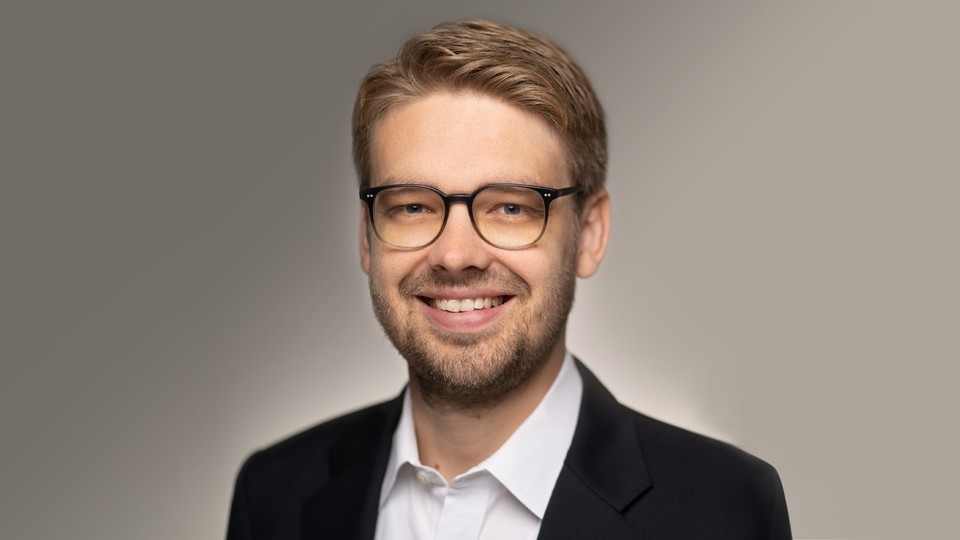“With our startup, we want to revolutionize the treatment of heart failure”

FORUM: What made you become active as a founder alongside your academic career?
Lerchenmüller: Originally, I came from the industry to the university. After working for the Boston Consulting Group in New York, I discovered my passion for academic research and teaching through my doctorate. Being involved in entrepreneurship allows me to combine both worlds to a certain extent. Our startup AaviGen researches and develops an idea – much like you develop ideas in a scientific setting – and then uses knowledge from the real world to put the idea into practice. For me personally, this combination is very enticing!
Apart from that, I have already been involved in the foundation of startups before the beginning of my scientific career: I was a member of the founding team of InoCard GmbH, a biotechnological start-up that also had the goal of cardiovascular gene therapy. However, InoCard was sold in 2014, before my academic career, to UniQure, which at the time was the first company to ever get a gene therapy approved by the authorities. Interestingly, however, there was a close connection to the University of Mannheim already at that time – the Mannheim Center for Entrepreneurship and Innovation, led by Prof. Woywode, actively supported our business plan development with a team of students!
FORUM: How far advanced is the development of the therapeutic methods for the treatment of heart failure that AaviGen is striving for?
Lerchenmüller: We are at an early stage, the so-called preclinical development, at which we are testing the general safety and efficiency of the therapy. We have been able to raise five million euros in venture capital in the market for this stage, which will cover our operational activities for the next three years. We are very happy to have been able to win DH-LT, an investment company of SAP founder Dietmar Hopp, as a renowned investor, who is also very connected to the region and its university locations.
FORUM: According to you, how far advanced will the development activities of AaviGen be in five years?
Lerchenmüller: We are confident that we will be able to initiate the approval process for clinical tests of the first therapy in five years. The medical problem that AaviGen is aiming to solve with its technology platform has the potential to revolutionize the therapy of various forms of heart failure. Currently, only heart transplantation is available as a real curative therapy, which reaches, however, less than 0.005% of the critically ill patients. The gene therapy approach that we pursue would allow us, based on convincing safety and efficiency data from the preclinical phase, to enroll the first sick patients in clinical trials and, in the case of positive results, to offer many people a new treatment option.
FORUM: What effects does your research have on your work at AaviGen and how does your involvement with AaviGen in turn affect your activities at the Chair?
Lerchenmüller: Most of my work for AaviGen benefits from the experience I gained while working for the Boston Consulting Group. Nonetheless, I find my research work and my tasks at AaviGen to be mutually beneficial. For example, the practical understanding of innovation dynamics in medical research and pharmaceutical development gives rise to new research questions. Currently, I am pursuing a research project that questions whether more money inevitably leads to more innovation in this research-intensive industry. Possible findings from this project could be valuable to startups, who often have to fight for every cent. At the same time, I can imagine that in the future, my start-up experience could contribute to teaching formats that appeal to our students in Mannheim.
Interview: Dr. Liane Weitert / June 2021